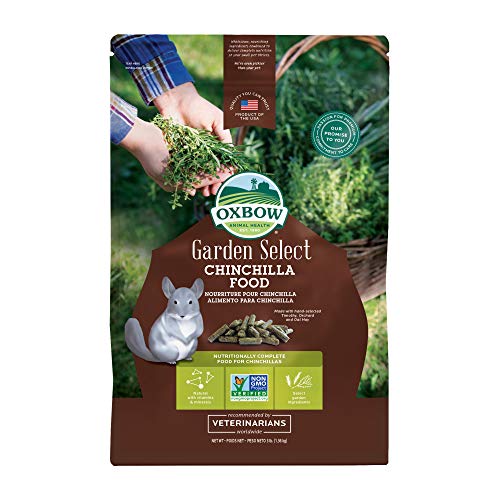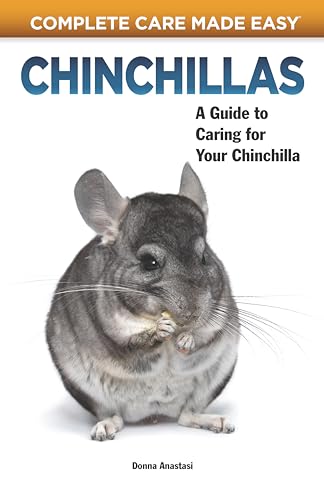robehickman
Member
- Joined
- Apr 27, 2012
- Messages
- 8
I think my chinchilla is dying, she's barely able to balance and very lethargic. There's a video of her here:
I took her to the vets almost two weeks ago due to a large patch of lost fur with unknown cause. She had also lost some weight due to eating less due to tooth issues progressing, that she has had the whole time I've had her (adopted from RSPCA in 2019).
At that time she was otherwise acting like her normal self. I've been at a festival from last Thursday to today, and came back to find her like this.
The vet gave me some loxicom pain killer, with 0.3ml/day dosage in case her teeth were in pain, leading to her not eating enough. I hope that this hasn't had an adverse reaction and caused the current issue.
The medicne may be causing the issue as after giving her today's dose she has deteriorated markedly and as of writing she can't balance. She has also had a few fits of violent shaking (sezure like, which has never happened before).
I'd hate to have harmed her by trying to help, she was recovering very well and recovered most of the weight she had lost at the point before I took her to the vets.
She was eating very well on ground up wet food just before I went, I was seeing signs of the heavy breathing right before I went to the festival, but had no time to investigate it.
mum has been looking after and feeding her while I've been away.
I took her to the vets almost two weeks ago due to a large patch of lost fur with unknown cause. She had also lost some weight due to eating less due to tooth issues progressing, that she has had the whole time I've had her (adopted from RSPCA in 2019).
At that time she was otherwise acting like her normal self. I've been at a festival from last Thursday to today, and came back to find her like this.
The vet gave me some loxicom pain killer, with 0.3ml/day dosage in case her teeth were in pain, leading to her not eating enough. I hope that this hasn't had an adverse reaction and caused the current issue.
The medicne may be causing the issue as after giving her today's dose she has deteriorated markedly and as of writing she can't balance. She has also had a few fits of violent shaking (sezure like, which has never happened before).
I'd hate to have harmed her by trying to help, she was recovering very well and recovered most of the weight she had lost at the point before I took her to the vets.
She was eating very well on ground up wet food just before I went, I was seeing signs of the heavy breathing right before I went to the festival, but had no time to investigate it.
mum has been looking after and feeding her while I've been away.
Last edited:













